
Alpana Mair, Project Coordinator
SIMPATHY High Level Conference
SIMPATHY High-level conference took place in Scotland House, Brussels, on 27thApril, 2017. The conference had 90 attendees with the participation of high level speakers, members of the European Parliament, policymakers and stakeholders from different areas. The event explored how the SIMPATHY project results can lead to better health policies across Europe. Opportunities for more European initiatives to improve the management of polypharmacy and adherence to support change across the EU were discussed. Shona Robison, Cabinet Secretary for Health and Sport of Scottish Government, introduced the conference as a keynote speaker. Shona Robison made a call for action on improved use of medicines, pointing out that change in polypharmacy management is important to “deliver better outcomes for patients across Europe and cost effective use of resources.” She invited those attending to sign a pledge to address the challenges of polypharmacy management. Professor Marty Linsky, an eminent ‘thought leader’ from Harvard University, gave a keynote address on the importance of leadership in healthcare change management, emphasising the challenge of leading change on polypharmacy management as these reforms are often painful and require public acceptance. Dr Neelam Dhingra, Coordinator of Patient Safety and Quality Improvement Unit from WHO, gave a keynote speech on “Polypharmacy and patient safety: the global challenge”. Neelam Dhingra underlined the issue of a rapidly aging, multimorbid population and highlighted that optimising the appropriate use of medicines is an important enabler of healthy aging. Dr Marianne Takki, from European Commission’s Directorate General Health and Food Safety, explored “The importance of managing polypharmacy for multimorbidity in an integrated care policy context”, reminding participants that better health means stronger economies. Alpana Mair, Head of Effective Prescribing and Therapeutics, from the Scottish Government, and SIMPATHY project coordinator, focused on the overview of the project’s findings and on key policy messages.
Dr Albert Alonso, vice chair and secretary of International Foundation for Integrated Care (IFIC), Prof Bernard Vrijens, Executive Committee member of European Society for Patient Adherence, Compliance and Persistence (ESPACOMP), and Prof Przemyslaw Kardas, Promoter to Action Group “Prescription and adherence to treatment” of the European Innovation Partnership on Active & Healthy Aging (PROEIPAHA), made a Call to Action at European Level on national policy. These calls to action were followed by an interactive discussion in which panelists and participants debated some of the points raised by the experts.
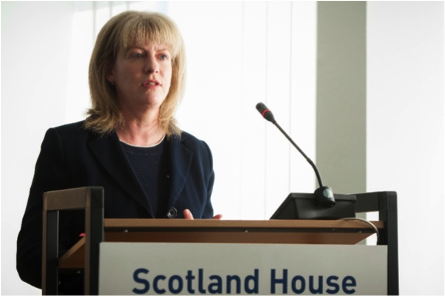
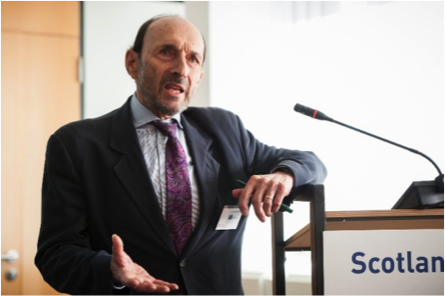
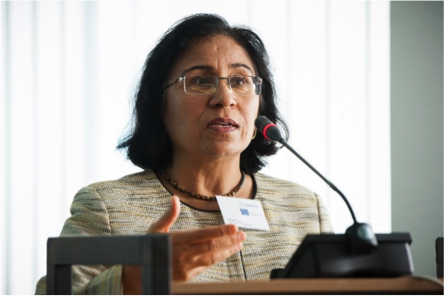
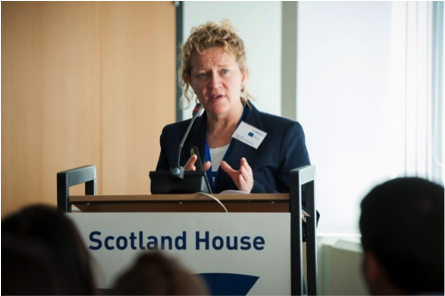
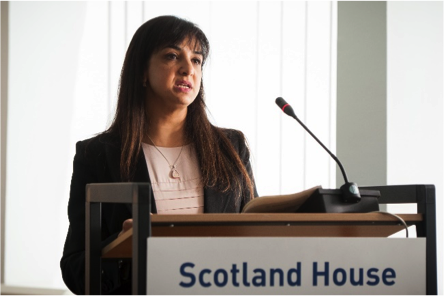

High-Level Conference keynote speakers: Shona Robison, Marty Linsky, Neelam Dhingra, Marianne Takki, Alpana Mair, Albert Alonso, Bernard Vrijens and Przemyslaw Kardas (from top to bottom, from left to right).
SIMPATHY HANDBOOK – Polypharmacy Management by 2030: a patient safety challenge
SIMPATHY consortium has launched a Reference Book – “Polypharmacy Management by 2030: a patient safety challenge” (Download here). The book explores how healthcare management programs can be implemented to improve medication safety and prevent patient harm by addressing the appropriate use of multiple medications (polypharmacy). It highlights the idea that fundamental to these programs is the principle that providers work in partnership with patients to enable shared decision making regarding medication, to improve patient adherence and medicine related outcomes.
The content is informed by the findings of the SIMPATHY project case studies, analysis of SIMPATHY change management tools, SIMPATHY literature review and benchmarking survey, and SIMPATHY Delphi study
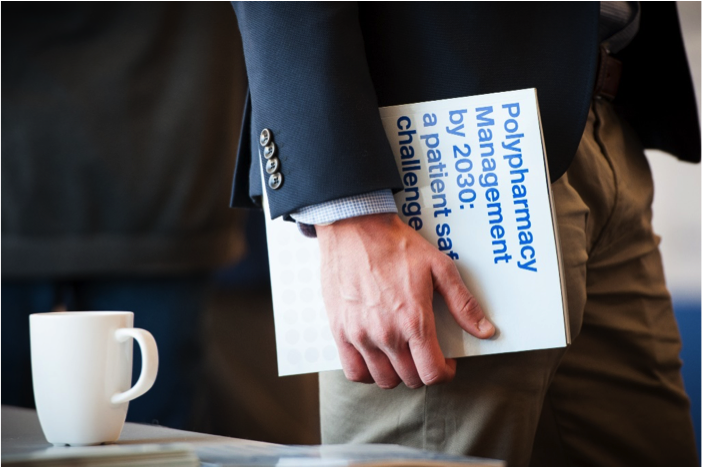
SIMPATHY project aims to raise the awareness of the impact of polypharmacy on patient safety. The reference book shows the importance of transforming this awareness into action by implementing effective polypharmacy management across the EU. The handbook provides detail about how the recommendations could be implemented.
Commitment to task force by policymakers
SIMPATHY project aims to inspire health leaders, policymakers, professionals and key stakeholders to adopt new approaches to improve outcomes related to Polypharmacy Management.
In order to build a policymakers task force, a “pledge” was created and participants at the High-Level Conference were invited to sign it. Signing the “pledge”, policymakers and stakeholders pledged to learn more about the challenge of polypharmacy management, pledged to help raise awareness of the solutions and to help advocate for change and improvement.
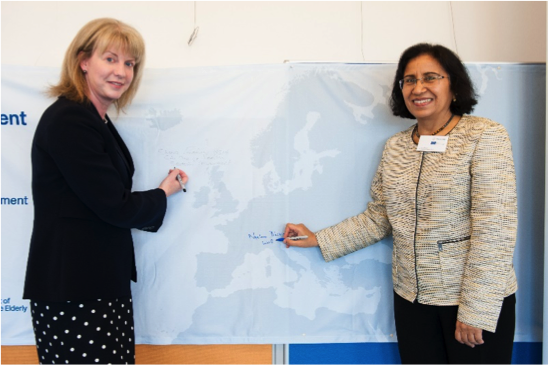
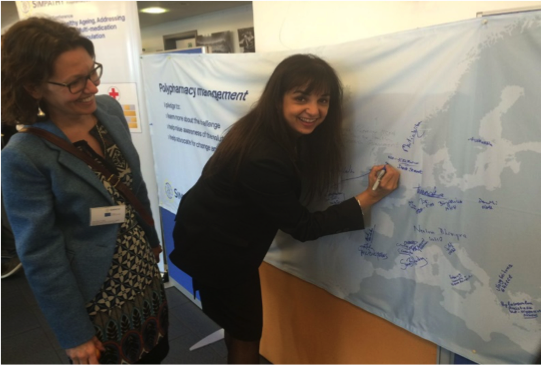
Shona Robison, from Scottish Government, and Neelam Dhingra, from WHO, were the first two policymakers that signed the pledge (left). Alpana Mair, SIMPATHY project coordinator, signed the pledge too with CHAFEA’s SIMPATHY Project Officer Anne-Marie Yazbeck (right).
